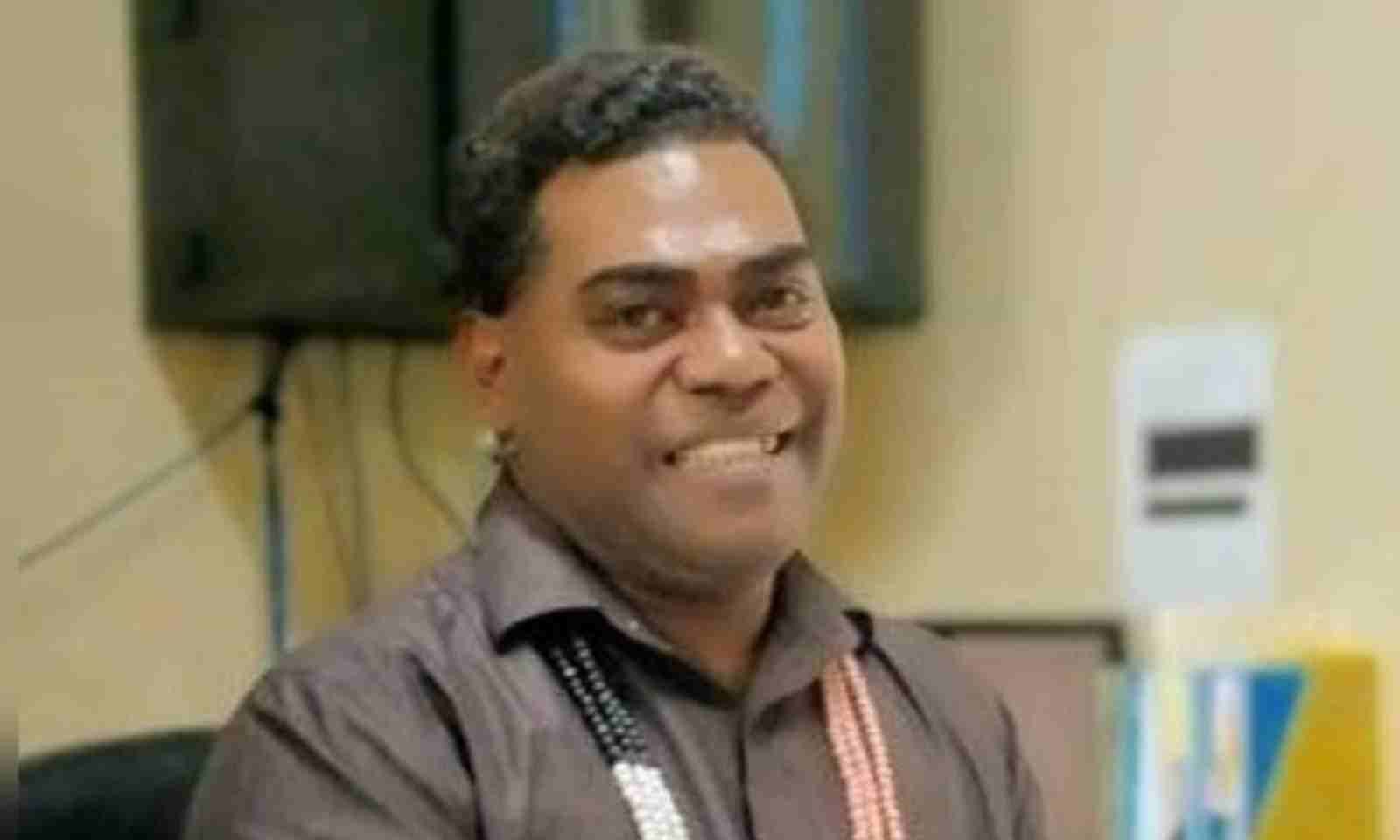

Fijian prominent lawyer and media personality Jon Apted has taken a strong stance against cyberbullying following the death of a local social media influencer.
Photo/supplied
'Shaming on steroids': Fiji social media out of control - lawyer
Jon Apted has condemned the alleged online violence linked to the recent death of a social media influencer.
The virtual space is a place where people can share their thoughts and opinions freely and responsibly.
However, that does not seem to be the case in Fiji, a prominent lawyer says.
Fiji police have launched an investigation into the circumstances surrounding the death of a prominent social media influencer and LGBTQIA+ advocate.
Police said 37-year-old Esala Seru, also known as Ranadi Kei Viti on social media, was found dead in his home at Nabua.
While police can confirm it's an alleged suicide, they are investigating the circumstances surrounding Seru's death.
Social media posts shared by Seru's family and friends allege that his death was a result of targeted online attacks and harassment.
Fijian lawyer and media personality Jon Apted has condemned the online violence, saying social media in Fiji has been out of control for a while now with "flagrant personal bullying and nasty exposēs" being the daily norm on many accounts and the large Fiji group sites.
"Now sadly, a prominent social media personality, who was herself the subject of intense bullying over the last couple of days, has reportedly ended her own life."
Apted told Pacific Mornings' William Terite that Fiji's Online Safety Act and the Online Safety Commission have both been forgotten and have disappeared from the public stage.
"Facebook is the most popular platform in Fiji because Fijians love a sense of community. They love to share, they love to joke, and they love to converse.
"A number of groups have sprung up on Facebook called Chat Fiji, and they've splintered into various versions of Chat Fiji.
"Initially, these were pages on which people shared jokes and community stuff, but over the past sort of six months, it's turned really, really, really nasty, and people are attacking LGBT members especially those who are prominent social media influences.
"They're exposing people having affairs, they're posting intimate pictures of people in, you know, sort of having sexual relations and all of this. And a lot of it is done with a fake profile.
"But it's then shared and commented on by thousands and thousands of people who've seemed to have become addicted to this kind of behaviour."

Police say Esala Seru was found dead in his home in Nabua, Suva, and they are investigating allegations of cyberbullying surrounding the 37-year-old's death. Photo/supplied
Apted called for the Online Safety Commission to "stand up and do your work".
He also urged the government to ensure the commission is equipped to carry out its functions.
Apted said the last government [of Frank Bainimarama] brought in the Online Safety Act and there was a suspicion that it was a means of censoring dissent.
When the government changed in 2022, the new administration led by Sitiveni Rabuka did not commit to this legislation, "which they had viewed suspiciously anyway.
"My view is they don't realise how important it is for general social interaction and protecting ordinary people and what I have been saying over the past week has been aimed at reminding them of this important legislation and reminding the public."
Apted said in Fiji's tribal culture, social control was exercised through shaming.
He said for example, in a village situation, "You control deviant behaviour by shaming.
"These platforms, which have Fijians from all over the world, literally like a global village - they are shaming people as you do in a small community but globally and in writings, with pictures, and with thousands of people participating in the shaming. It's shaming on steroids."
While the powers are in the Act to enforce the law, Apted said it was the lack of resources and commitment to enforce and the public awareness to make complaints.
Human rights advocates have also condemned the online violence, calling on the police force's cybercrime unit and the country's human rights commissioner to act.
"Because this kind of behaviour has been accepted, it has been the norm for a few years," Apted told Terite.
"People are surprised to learn that there are laws against it. They are surprised that they are not allowed to do this sort of thing.
"I think the Human Rights Commission and the Online Safety Commission should feel under a lot of pressure to do something. To stand up.
"The Human Rights Commission has a statutory role to protect people against harassment on prohibited grounds like sexual orientation, and gender.
"The Online Safety Commission has a clear mandate and responsibility to protect people from significant, emotional harm arising out of electronic communications or intimate recordings. So they both should be working together."
Apted said he did not think there was a need for a complete overhaul of the Act, but that administrators be held accountable for the content on their page.
"They come under a duty to delete harmful comments.
"Another idea that needs to be considered is our telecom companies make millions out of people's data so they should be looking at sharing some of their profit in awareness and enforcement about how to safely use just what they provide.
"We need more support on education and resources."
Both the online safety and human rights commissions have been approached for comment.


